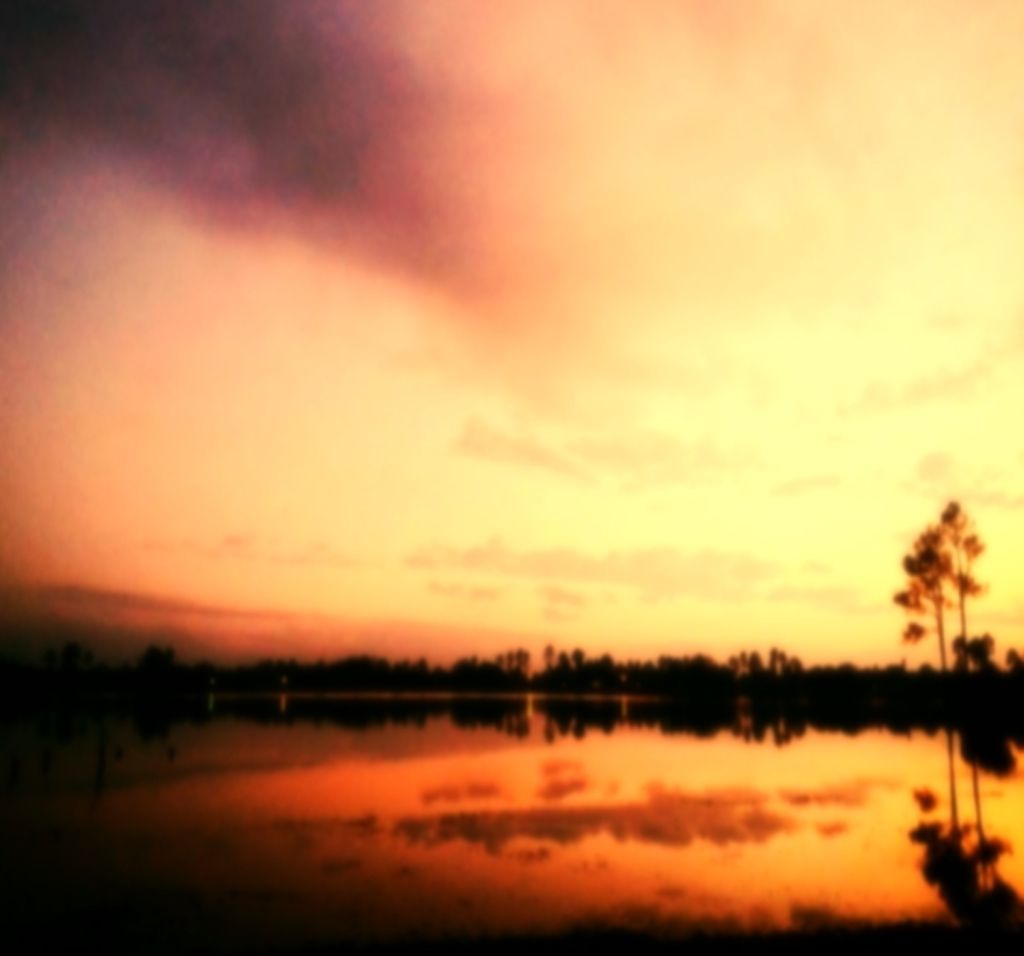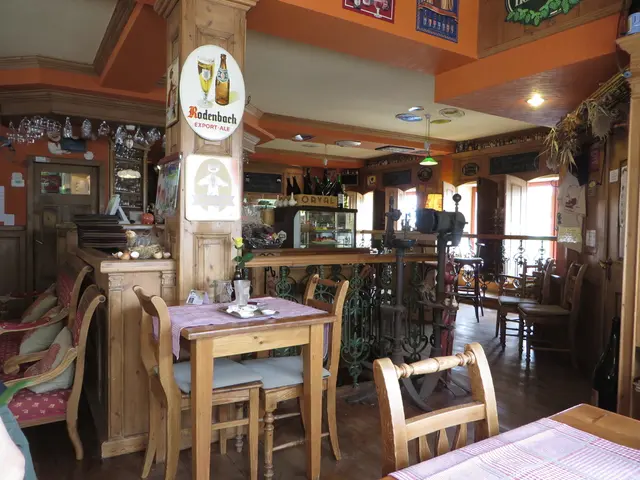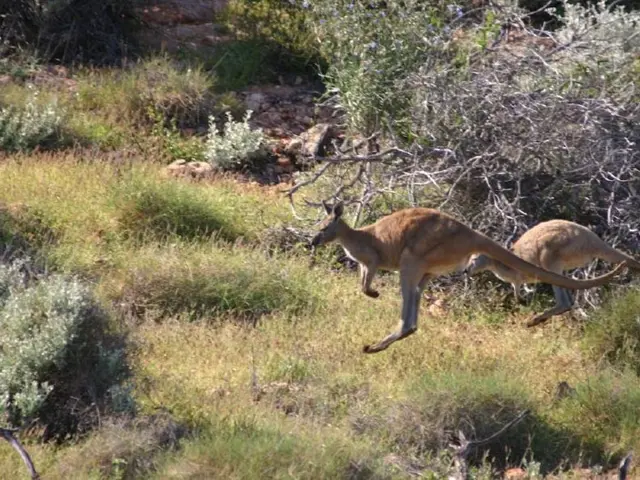Weather Alert: Authorities Encourage Cautious Hiking in Pune's Sahyadri Mountain Range
Monsoon Trekking Safety and Ecological Preservation in Pune
Pune, that glorious district nestled amidst the misty peaks and emerald valleys, has been the ultimate refreshing escape for countless nature lovers. However, beneath its serene veneer, there lies a delicate ecosystem under threat from the rising wave of unregulated tourism. To strike a balance between adventure and ecological preservation, the Pune Forest Division has released a series of preventive measures and responsible tourism practices ahead of the 2025 monsoon trekking season.
Safety Comes First
Armed with an increase in trekking incidents and environmental degradation, local authorities are striving to enforce responsible tourism in popular trekking spots such as Maval, Mulshi, Lonavala, and the renowned trails of Bhimashankar, Kalsubai, Ratangad, and Andharban.
In the face of the approaching monsoon, sloping terrains and swollen streams provide alluring beauty but present formidable challenges. The forest department, owing to the grim history of fatal mishaps during past seasons, emphasizes the importance of careful planning and unwavering adherence to safety guidelines. To ensure a safer experience, trekkers are encouraged to:
- Avoid solo travels, opt for group treks instead
- Equip themselves with rain gear, first-aid kits, non-slip trekking shoes, and waterproof backpack covers
- Inform local authorities about their planned itinerary and stay updated on prohibitory orders at high-risk points
Embrace Sustainable Tourism
However, the emphasis on safety is just the tip of the iceberg. The forest department's advisory also underscores how negligent tourism poses life-threatening risks to fragile ecosystems and native species that are already facing the brunt of climate shifts.
Plastic waste has emerged as a steadily growing concern on picturesque routes, where thoughtless tourism practices like littering, straying off-trails, and feeding wild animals disrupt the delicate balance of the ecosystem. In a bid to protect this cherished landscape for future generations, the monsoon trekker is urged to:
- Plan responsibly by considering the weather, choosing lesser-crowded trails, and informing others of their travel plans
- Follow the rules set by the forest department, prohibitory orders, and local guidelines
- Pack sustainably with reusable drinking bottles, food containers, and eco-friendly essentials
- Maintain awareness of the risks associated with waterfalls, ridgelines, and slippery rocks, and refrain from straying onto unfamiliar paths
- Let wildlife thrive undisturbed by limiting noise and refraining from feeding or touching animals
Making a Positive Impact
If you're planning a monsoon trek in or around Pune this year, remember that you have the power to make a real difference. Embark on your journey with a responsible attitude, as a guardian of the land and its creatures. Take the opportunity to leave a lasting impression - not of waste, but of respect and care for Mother Nature.
Safe travels!
(With inputs from multiple reports)
The Best Monsoon Treks in Maharashtra
Pune [Maharashtra]
Enrichment Data:
Overall:
The 2025 monsoon trekking season in Pune calls for careful adherence to safety guidelines and responsible tourism practices to preserve the delicate ecosystem and ensure a safer experience.
Key Safety Measures
- Weather Conditions: Always review the latest weather forecasts before setting out on your trek.
- Appropriate Gear: Use waterproof clothing, non-slip trekking shoes, rain covers for backpacks, and ensure your mobile phone is charged and protected from water.
- Follow Signage: Pay close attention to official signboards, warnings, and guidelines set by the forest department.
- Water Bodies: Refrain from swimming or venturing near waterfalls, rivers, and reservoirs during heavy rains.
- Trek in Groups: Whenever possible, trek with a group and inform someone about your itinerary. Avoid trekking alone, particularly in unfamiliar, challenging terrain.
- Emergency Preparedness: Be prepared for emergencies and know basic rescue and survival skills.
Responsible Tourism Practices
- Prohibitory Orders: Adhere to any prohibitory orders issued by local authorities, such as restrictions on gatherings near water bodies or popular picnic spots.
- Stay on Marked Trails: Minimize ecological disruption by staying on designated paths.
- Leave No Trace: Carry all waste back with you. Do not litter, and dispose of trash properly to preserve the natural beauty of the region.
- Avoid Selfies in Hazardous Areas: Do not risk your safety or the environment for photographs or videos in dangerous locations.
- Respect Wildlife and Habitat: Maintain a safe distance from wildlife, refrain from feeding animals, and avoid disturbing their natural habitat.
- Guided and Regulated Treks: Consider joining guided trekking groups, as professional guides offer valuable local knowledge and enhance safety.
Summary Table
| Safety Measure | Responsible Tourism Practice ||-------------------------------|----------------------------------------|| Check weather forecast | Stay on marked trails || Use proper gear | Carry out all waste || Follow official guidelines | Respect prohibitory orders || Avoid water bodies | Avoid hazardous selfies || Trek in groups | Support guided treks || Be prepared for emergencies | Respect wildlife and habitat |
By following these guidelines, trekkers can enjoy the lush, scenic beauty of Pune's Western Ghats during the monsoon while simultaneously minimizing risks to themselves and the environment.
- As a responsible tourist, it is crucial to adhere to the safety guidelines and responsible tourism practices while trekking in Pune during the monsoon season.
- To minimize environmental degradation, trekkers should avoid littering, staying on marked trails, and following the rules set by the forest department to preserve the delicate ecosystem.
- Embarking on a monsoon trek in Pune offers an opportunity to make a positive impact. Trekkers can contribute by leaving no trace, respecting wildlife, and practicing sustainable tourism to ensure a safer and cleaner environment for future generations.








